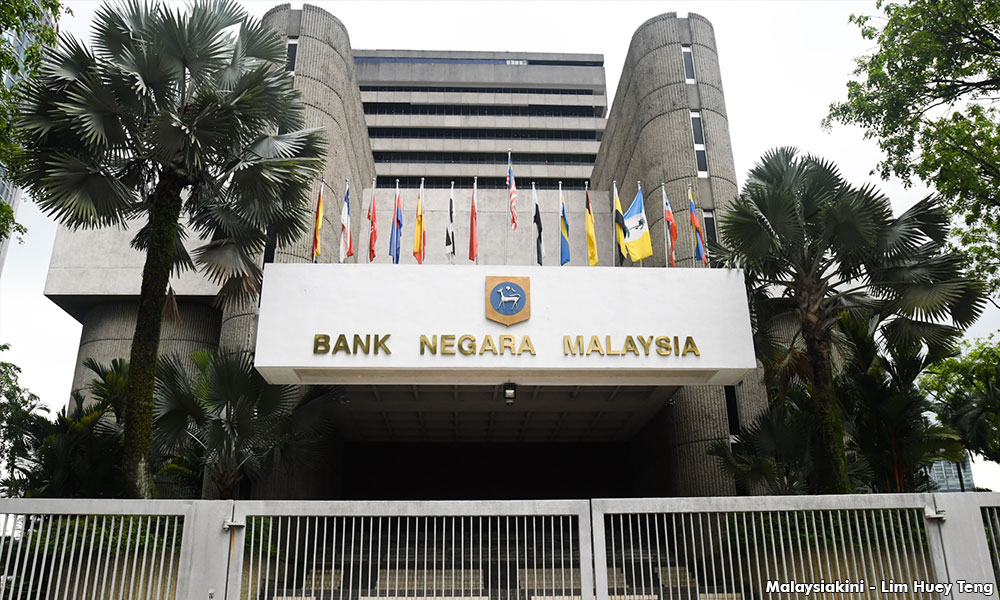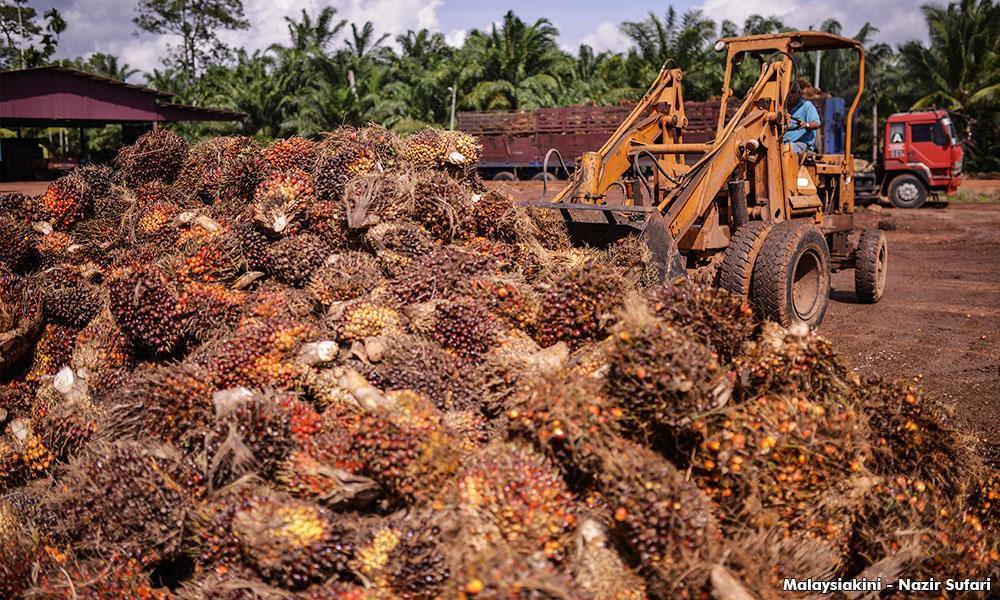COMMENT | Last week, the government announced that the GDP for the country for the second quarter of the year had declined badly from 5.4 percent to 4.5 percent – far lower than the projections of economic analysts.
Such a decline is worrying, as the growth rate for the second quarter is below that of Indonesia and Thailand, which used to be slower than us.
Even though I am no longer prime minister, the nation's economic direction is still a priority to me. That is why I took a little time to study the data and government announcements for a deeper understanding.
The GDP growth for the second quarter may be slower because all economic sectors indicated a drop stemming from the termination of many projects, but was saved by domestic consumption when GST was zero-rated, which encouraged many consumers to buy.
But this is not a long-term situation, as the SST begins next month.
FDI has also declined from RM12 billion in the first quarter of the year to RM2.8 billion in the second, while investments portfolio (shares and bonds) indicated a financial outflow of RM38.3 billion in the second quarter, compared to an inflow of RM2.5 billion in the first.
Bank Negara Malaysia's international reserves, which is announced every two weeks, continues to drop with each announcement since the 14th general election, from US$110 billion to US$104.2 billion on Aug 15.
The ringgit has also dropped 25 sen to RM4.10 to the dollar, compared to RM3.85 in April before the election.

The value of the ringgit largely depends on global oil prices. Several years ago, when I was prime minister, the ringgit fell to below RM4.10 when the global oil price was very low, below US$30 per barrel.
But the ringgit is currently weak despite global oil prices being higher, at US$75 per barrel. It is not impossible for the value of the ringgit to become weaker when global oil prices drop once more.
Reduced current account surplus
There is so much more to be concerned about.
International trade surplus in May and June fell badly to RM6 billion, or half of the RM13 billion surplus recorded in April due to the rapid increase in the volume of import, while our export growth had slowed.
This could be the result of GST being zero-rated, causing consumers to purchase imported goods.
As such, our current account surplus dropped from RM15 billion in the quarter before to RM3.9billion. The current account surplus is important. If it becomes negative, the sovereign credit rating can be affected.
The unemployment rate also showed a slight rise in June, caused by the number of those without jobs rising by 17,000, compared to April.
The government's revenue has also declined to RM14.1billion in June, compared to RM20.9 billion the month before. This could be because GST was zero-rated.
The decline is sure to pressure the government and result in the government's weakened ability to save the country and help the rakyat.

Behind the decline in palm oil prices, the volume of palm oil export has also declined badly every month since GE14. Palm oil export for the month of July was 17 percent lower than the previous year, while the export for August is estimated to be low by 26 percent compared to the same time last year.
The inflation rate for June was at 0.8 percent and increased to 0.9 percent in July, while food cost inflation for Kuala Lumpur was as much as 3.5 percent in July, proving that costs of good post-GST was still high.
The inflation rate is positive, not negative, meaning costs are still high. This is sure to increase in September once SST is introduced.
Those who are knowledgeable or interested in the economy are sure to know and understand that all these signs are not good, and should they persist, are worrying and could become worse.
Even though I am surprised as to the how the (country's) economic prestige had changed its course and declined since GE14, it isn't fair to evaluate the new government's performance based on just four months, but of course, the new government's domestic and international policies are sure to have their effects.
In any case, I pray for the country's economy to continue to prosper and that the new government will monitor these data closely, so employment opportunities can be generated, inflation controlled when SST starts, and we do not fall into an economic decline or crisis in the near future, as predicted by several economy experts.
This article was translated from the original Bahasa Malaysia.
NAJIB ABDUL RAZAK is the former prime minister of Malaysia.
The views expressed here are those of the author/contributor and do not necessarily represent the views of Malaysiakini.

